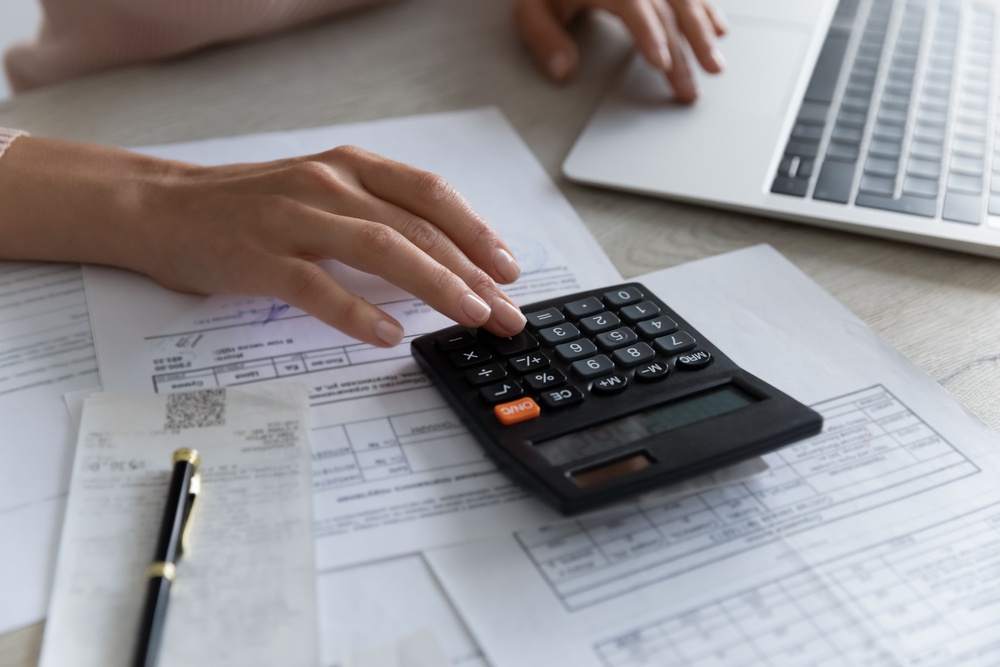Property management accounting is the backbone of any successful real estate venture. It plays a crucial role in managing the financial health of properties, ensuring smooth operations, and maximizing profitability. Unlike conventional accounting, property management accounting requires a unique set of skills, processes, and strategies to address the challenges specific to the real estate industry. In this article, we will explore the key aspects of property management accounting and how it can unlock efficiency and profitability for property managers and investors alike.
The Foundation: Accurate and Transparent Financial Reporting
At the heart of property management accounting lies the need for accurate and transparent financial reporting. Timely and reliable reports are essential for property owners and stakeholders to make informed decisions. Property managers must maintain detailed records of income and expenses, track rental payments, record maintenance costs, and calculate net operating income (NOI) to assess a property's performance accurately. Implementing modern accounting software can streamline the process and provide real-time insights, making data-driven decisions more accessible and efficient.
Budgeting and Forecasting: A Blueprint for Success
A comprehensive budgeting and forecasting process is crucial for property management success. By projecting future revenue and expenses, property managers can set realistic financial goals and identify potential cost-saving opportunities. A well-crafted budget allows for proactive measures to mitigate financial risks, ensuring that a property remains financially sustainable in the long run. Regularly comparing actual financial performance against budgeted amounts helps identify deviations and enables necessary adjustments to stay on track.
Embracing Technology: The Rise of PropTech
In recent years, the real estate industry has witnessed the emergence of Property Technology (PropTech) solutions designed to streamline property management outsourcing. These software platforms offer automation capabilities, such as online rent collection, invoice processing, and vendor management, reducing manual tasks and minimizing the risk of human errors. Integrating PropTech tools can significantly improve efficiency and enhance data accuracy, empowering property managers to focus on strategic decision-making.
Compliance and Taxation: Navigating the Regulatory Landscape
Property management accounting also entails navigating complex regulatory and tax requirements. Property managers must stay updated on local, state, and federal regulations related to real estate accounting, such as property tax laws and landlord-tenant regulations. Failure to comply with these regulations can lead to severe financial and legal consequences. Engaging with experienced accountants or seeking guidance from industry experts can help property managers ensure compliance while optimizing tax strategies.
Effective Cost Management: The Key to Increased Profitability
Cost management is a fundamental aspect of property management accounting, as it directly impacts a property's profitability. Identifying areas where costs can be reduced without compromising on service quality is a skill that successful property managers master. Negotiating favorable contracts with vendors, implementing energy-efficient solutions, and proactive maintenance planning are just some strategies that can lead to substantial cost savings over time.
Asset Performance Analysis: Maximizing Returns
Analyzing the financial performance of individual properties is vital to making informed investment decisions. Property managers should assess key financial metrics, such as Return on Investment (ROI), Capitalization Rate (Cap Rate), and Cash-on-Cash Return, to evaluate the profitability and potential of each asset. Armed with this information, property managers can allocate resources effectively, identify underperforming properties, and strategize ways to optimize returns.
Conclusion
In the world of real estate, property management accounting is a powerful tool that can significantly impact a property's success. Accurate financial reporting, robust budgeting and forecasting, the adoption of PropTech solutions, compliance with regulations, effective cost management, and asset performance analysis are all critical elements of successful property management accounting.
Property managers who understand the nuances of this specialized form of accounting can unlock efficiency, reduce financial risks, and maximize profitability for property owners and investors. As technology continues to shape the industry, embracing innovative accounting solutions will undoubtedly pave the way for a prosperous future in property management.


No comments yet